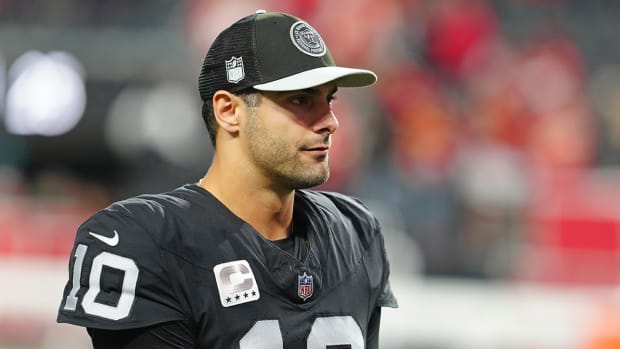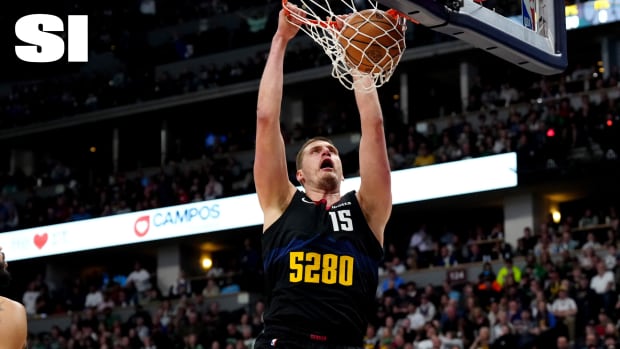SI Insider: USTA and NCAA Chief Medical Officer Dr. Brian Hainline is the Guest on This Week's 'Beyond the Baseline' Podcast
SI senior writer shares some thoughts on his conversation with USTA Chief Medical Officer Dr. Brian Hainline and what he has to say about the coronavirus pandemic and how it will continue to influence the world of sports.
Video Transcript:
Robin Lundberg: The medical community has perhaps never been more important for sports. For more, I'm joined by our senior writer, Jon Wertheim. Jon, on your podcast this week you do talk to the medical director and the NCAA regarding tennis, correct?
Jon Wertheim: Yeah. On the podcast this week, we talk to Dr. Brian Hainline, who's the Chief Medical Officer for the NCAA and for the USTA. A longtime sports medicine expert. And we talked about what's it going to take for sports to come back? And he had a lot of really interesting things to say, sport by sport.
I mean, it does sound like fans in the stands are probably going to have to wait. I think there's some ethical issues. I mean, do we have college football if the students in the student body aren't allowed back on campus.
He seems to think that coronavirus can be contracted on the surface of balls, which I had not heard before. But that's something to consider. Maybe we need to all wear gloves when we play every sport and then we talk specifically about tennis and what's it going to take to have the U.S. Open. He had some really interesting thoughts. They involve a quarantine of players before they come into the United States and compete or once they once they get here. But he thinks it can be done. I mean, he thinks the U.S. Open, which again right now is scheduled for the last week in August, the first week in September, it hasn't been canceled yet despite what's going on in the Queens neighborhood where it's being held. And it doesn't look like fans will be in the stands. But again, Dr. Brian Hainline of the podcast thinks it's possible that we could pull this off.






